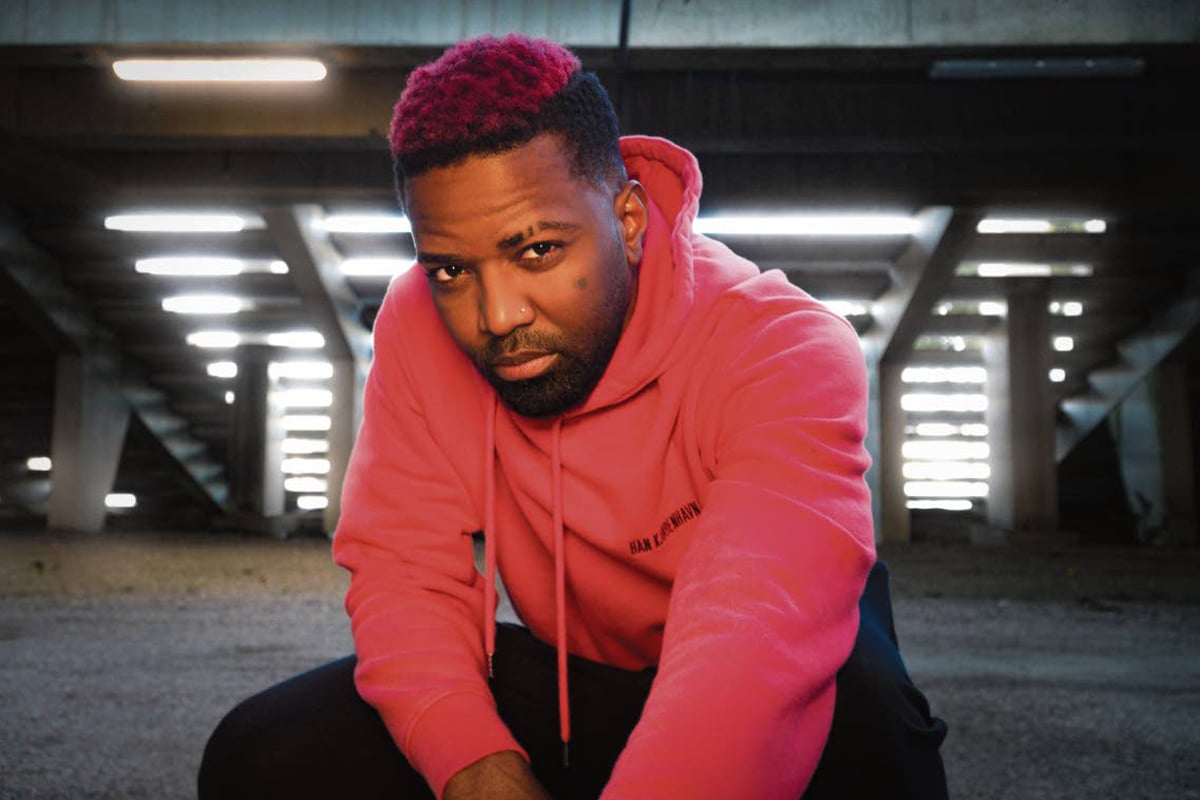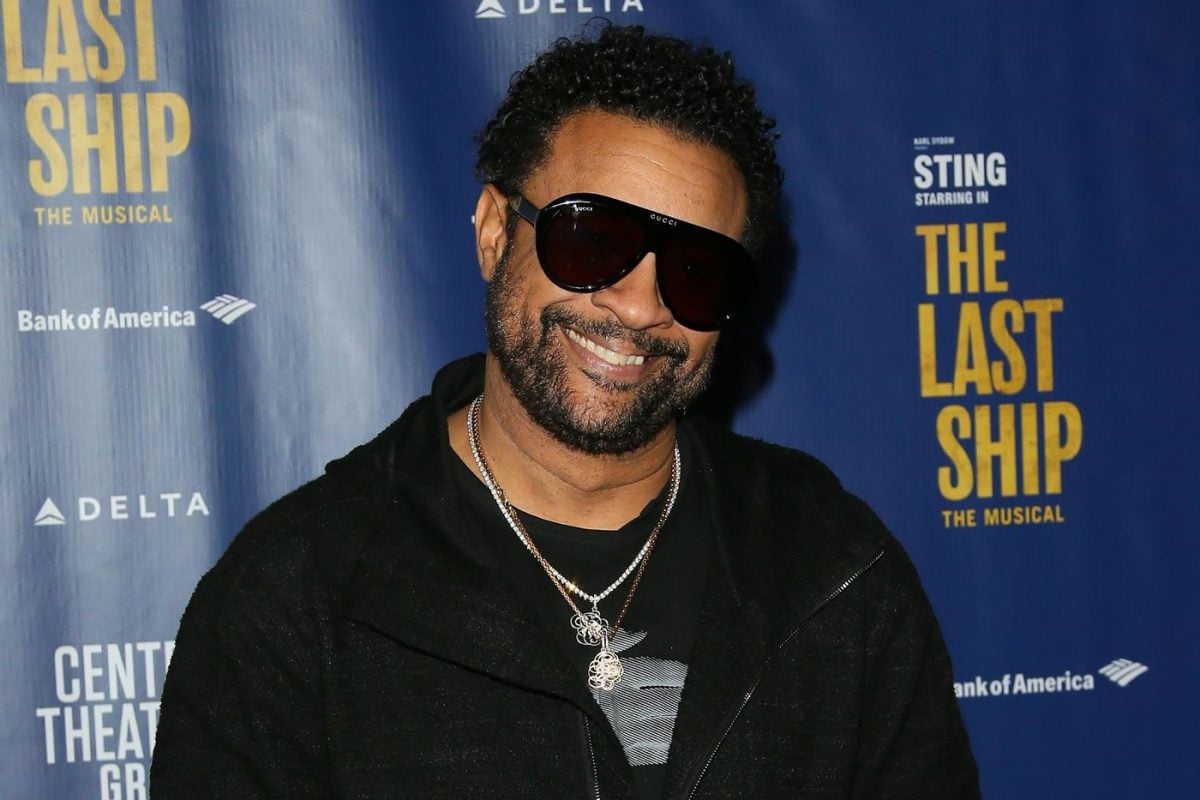Konshens Says Jamaica “The Most Homophobic Country On Earth”

Dancehall artist Konshens described Jamaica as the world’s most homophobic country, after learning of the murder of a female schoolteacher in Treasure Beach, St. Elizabeth on Tuesday morning.
His comments came after news surfaced that the 26-year-old teacher had been ambushed and shot multiple times by hoodlums at the gate of the Sandy Bank Primary and Infant School, where she taught.
“The most homophobic country on earth killing the most women on earth. Make it make sense,” he wrote in response to a post about the incident which was posted by ZJ Sparks on Instagram.
Jamaica became highly stigmatized across the world in 2006, after Time Magazine erroneously declared the country “the most homophobic place on Earth”, over countries like Iran, Brunei, Mauritania, Somalia, Sudan, and the United Arab Emirates, where homosexual acts are punishable by execution.
Konshens’ description of Jamaica is in stark contrast to that of Dancehall megastar Shaggy, and Criminology Professor at the University of the West Indies Anthony Harriot, who have in the recent past, repudiated the long-held claims that Jamaica is extremely hostile to homosexuals.
Shaggy, while speaking on Soundchat Radio several months ago, about whether or not Dancehall lyrics had been influencing violence in Jamaica, had said that similar to how the general Jamaican population was not harming homosexuals, yet many people overseas falsely believed otherwise, the same was the case with Dancehall.
“Fi years you’ve been hearing ‘Boom Bye Bye, Boom Bye Bye’ and people a talk homosexual lyrics… suh till everbaddy tink seh Jamaica is di worst place for homosexuals and dem caan walk freely an dem caan do dis and dem caan do dat. Which artist yuh eva hear kill a homosexual? Neva happen, neva happen…,” Shaggy had argued.
In September 2013, Professor Harriot had told The Gleaner that based on his ongoing study of homicides, there was “nothing extraordinary about the killings of gays to the extent that one can discern from the information in the police records that the victim is gay”.
Professor Harriott had also said that from his observation, “there might be a tendency of advocates for gay rights to name all violence against gays as anti-gay and we have to be careful with that”.
“I think there is a lot of loose talk in just lumping up all victimisation of people who happen to be gay as victimisation against gays. Truth is, I have encountered cases of murder where it is evident that it is as a result of one being gay, but those are few,” he had said.
Shaggy had revealed in the Soundchat discussion too, that representatives of an international television network had barred him from participating in a joint album promotion interview with British singer Sting, a few years ago. He said the network’s representatives had claimed that he was unsuitable because he was representing Jamaica — a country which they accused of being homophobic.

Shaggy had also drawn for statistics, which he said showed that the accusations of Jamaica being homophobic were untrue.
“And if you look at it, if you look at the ratio for people weh live inna Jamaica compared to homosexual crimes, most of it is crime of passion; homosexuals against homosexuals. So why I bring the argument there is, it’s the same thing when you start compare crime…,” he said.
Conversely, in the UK, which is considered LGBT-friendly, the BBC reported in October 2020, that police data there revealed that the number of reported homophobic hate crime cases almost trebled – from 6,655 in 2014-15, the year same-sex marriage became legal in England, to 18,465 in 2019-2020. It also noted at the time, that in the past year, there had been a 20 percent rise in reports to police of homophobic hate crimes.
Over in the United States, in March 2020, NBC News reported that the number of anti-LGBTQ hate groups in the United States soared 43 percent in 2019, “rising from 49 groups in 2018 to 70 in 2019”, according to a report from the Southern Poverty Law Center.
“Groups that vilify the LGBTQ community, in fact, represented the fastest-growing sector among hate groups in 2019,” NBC had noted.
